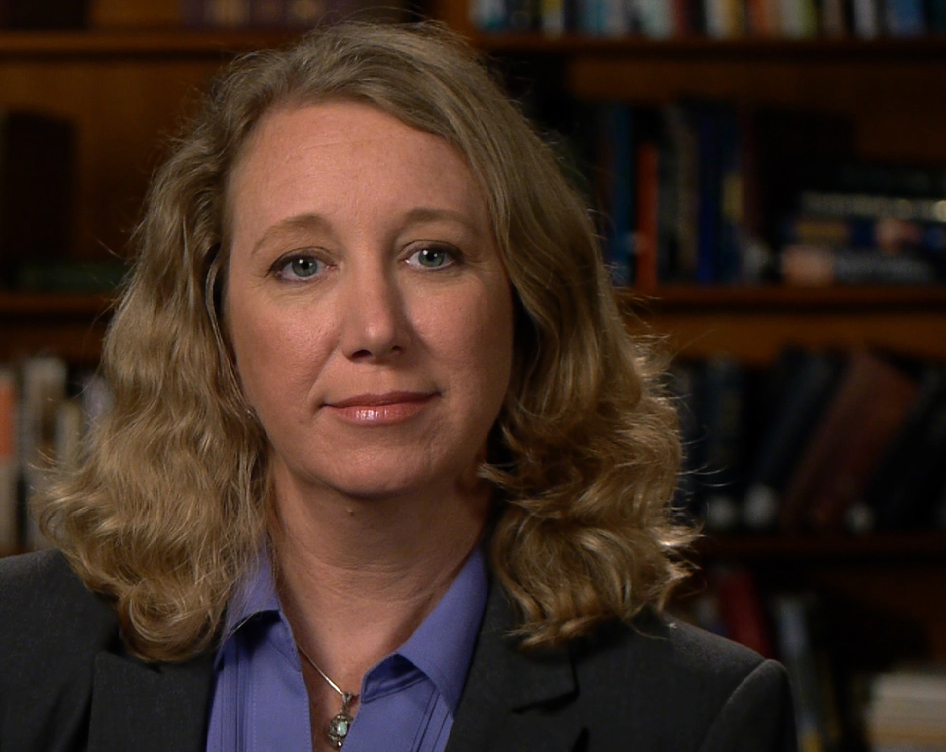
Akshaya Natarajan
When looking teach a new skill to law enforcement, one usually considers the typical training session or a lecture-style class. Professor Norah Dunbar, a faculty member and chair of the Department of Communication here at the University of California, Santa Barbara, is changing that concept through her latest project: a video game.
The game is titled VERITAS, an acronym that stands for “Veracity Education and Reactance Instruction through Technology and Applied Skills” (and is also Latin for “truth”). Designed for law enforcement officials such as police officers, the video game trains users to detect lies and deception. The project recently received a grant for over $500,000 from the National Science Foundation.
Dunbar modeled this and some of her previous work off of the communication concept of “interpersonal deception theory.” Unlike the psychological perspective of deception that one person initiates on another, it looks at deception as more of a two-way street and considers how the person being deceived can affect the process through their own body language and behavior.
Before VERITAS, Dunbar created another game titled MACBETH, which was more focused on identifying bias. Both projects have been met with praise in the intelligence and law enforcement community. Like MACBETH, her newest game is also being developed at the University of Oklahoma, where she previously worked. Dunbar says that the teams for these projects “involve people from all kinds of disciplines,” citing psychology and computer science as just a few of the fields.
When she first arrived to UCSB while working on VERITAS, Dunbar talked to the UCPD and asked for their assistance in the development on the project. “I have asked him to recruit police officers to try out the game when it’s ready,” Dunbar said. “We have police officers both here and at the University of Oklahoma that will be playing the game, and will be giving us feedback on the game.”
“The people who most need our help are the people who are kind of on the front line,” she said. “These people get lied to a lot, and they start building resistance to that by suspecting lies a lot of the time. Most of us are bad at detecting lies from truth.”
Dunbar believes that the implications of this kind of cognitive training are largely centered around making people aware of biases they have that they sometimes aren’t aware of. Talking specifically about the role it could play in the police community, she said that, “it’s very dangerous in law enforcement to use these kinds of biases, and they need to be made aware of them.”
When discussing the unorthodox method of using video games to train police officers, Dunbar is optimistic.
“People think that video games are frivolous and fun, but you can teach and train people to learn new tasks,” she said. “If I’m a police officer, it’s life or death if I do something wrong. Video games are a good way to try new things in a low-risk environment.” Because video games are non-threatening, Dunbar believes that police officers can feel free to take risks to learn new things, and then take the methods they learn to their line of work.
Professor Dunbar believes that the impact video games could have on education as a whole is promising. She says that video games are a good way of “active learning,” in comparison to the more passive traditional lecture setting. By pairing traditional teaching with the video games, she believes that people can learn more effectively.
When asked about her experience with video games, Professor Dunbar was eager to share. “I grew up in the ’80s, so I played Atari and Pacman,” she reflected. She expressed that people now spend more money on video games per year than they do on movies, so she believes that the huge video game industry is filled with “untapped potential.”
“Trial and error is a great way to learn things, but it takes a long time, and so people don’t often have the patience for that unless you make it fun. When you make it fun, people are more likely to try and engage with material that may be difficult. If we can make real life more game-like, it can motivate us in different ways.”










